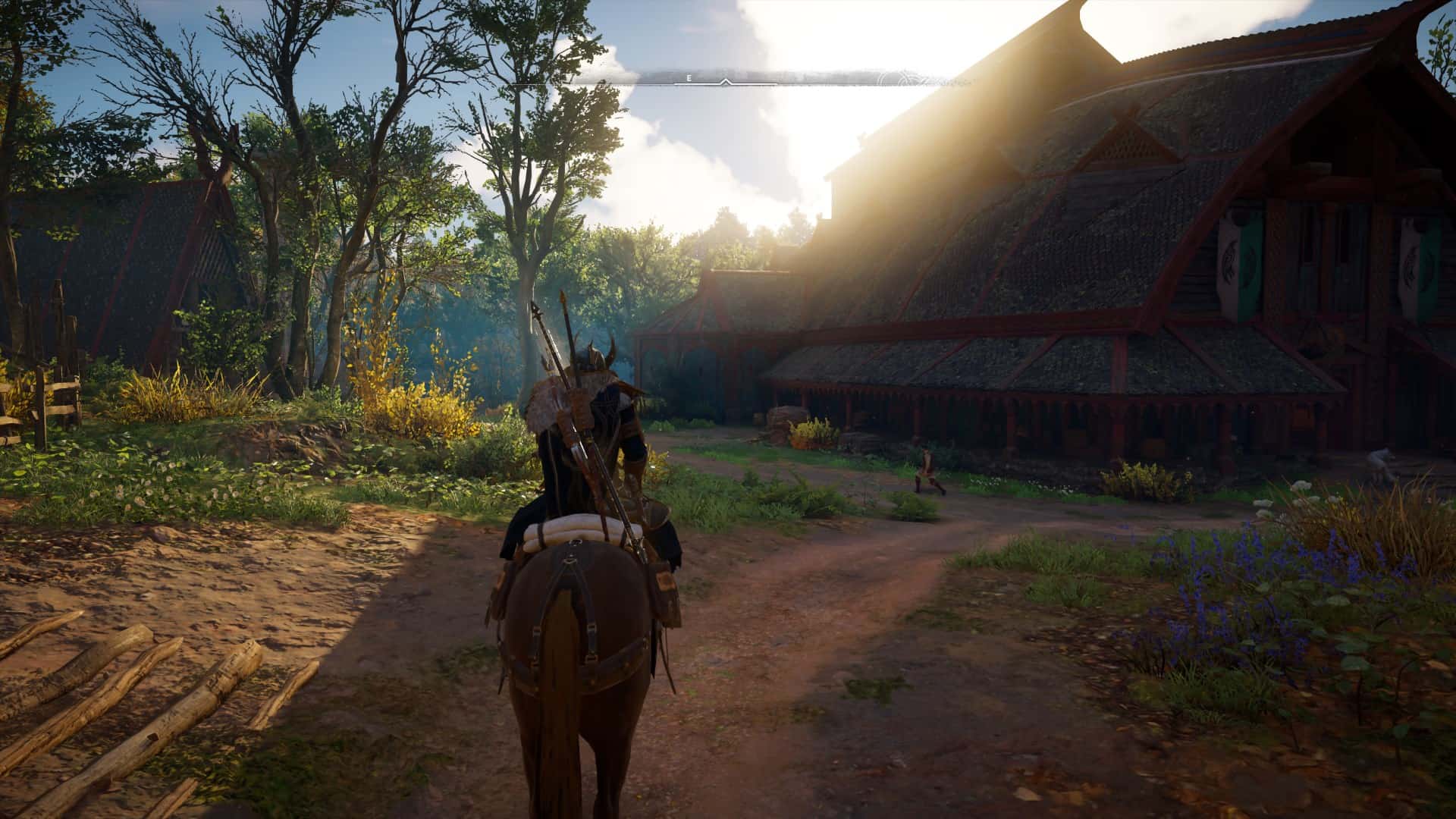Microsoft's Windows 11 operating system has been out for almost two weeks at this point. The operating system is available via Windows Update on compatible devices only, but can also be downloaded and installed on devices that do not meet Windows 11's minimal system requirements. Windows 11 is a free upgrade for genuine Windows 10 devices.
The current version of Windows 11 suffers from a list of known issues, and several that Microsoft has not confirmed officially, some of which may affect gaming on the device.
Is Windows 11 better for gaming?

As a gamer, one question that you may have is, whether it is a good idea to upgrade to Windows 11 for gaming. Is it beneficial to run Windows 11, or is there no real advantage to upgrading to Microsoft's new operating system.
The answer requires a quick comparison between Windows 10 and Windows 11. Windows 11 is an updated version of Windows 10. It shares many features with Windows 10, and there are just a few differences that are of interest to gamers.
Microsoft introduced two new gaming related features in Windows 11: Auto HDR and DirectStorage.
- Auto HDR requires a HDR-capable display. Basically, what it does is enable HDR in games automatically that don't support it natively.
- DirectStorage is an API that Microsoft introduced on Xbox originally. It is designed to speed up the loading of games and game assets significantly. Without going into details, the loading is designed to bypass the processor to speed up the operation. Downside to DirectStorage is that it requires a fast NVMe drive. Another downside is that Microsoft announced that DirectStorage will also be made available on Windows 10. Last but not least, games need to implement the API to make use of it.
What does this mean for gamers? Currently, gamers may not notice much of a difference, if at all, when they upgrade from Windows 10 to Windows 11. Ashwin ran Windows 11 game performance tests and concluded that Windows 11 runs games as good, or as bad, as Windows 10.

One of Windows 11's new APIs, DirectStorage, is coming to Windows 10 as well, and that leaves Auto HDR as the only feature that is exclusive. It does require a display that supports HDR, and may not be as visually impressive as native HDR in games.
Closing Words
There is no real difference currently when it comes to games. Windows 10 is supported until 2025, Windows 11 will be supported for longer. Microsoft plans to release one major feature update for Windows 11 each year, and new features will land in Windows 11 but not necessarily Windows 10. New gaming related features, if any are in the pipeline, will definitely be introduced in Windows 11.
Games will run fine on Windows 10 and on Windows 11 in the coming years. There is a chance that Microsoft will introduce new gaming features in Windows 11, but nothing has been confirmed at this point.
Gamers may want to wait with the upgrade. Microsoft is working on a fix for AMD devices, as these are affected by issues currently that drop performance on Windows 11. A fix is expected to be released later this month. Still, Windows 11 has issues, and it is a good idea to wait until the major ones do get resolved before any device is upgraded to the new operating system.
There is no rush to upgrade to Windows 11 from a PC gaming point of view, because the gain is minimal, at best at this point.
Now You: do you play games? Which is your operating system, and why?
Thank you for being a Ghacks reader. The post Should you upgrade to Windows 11 for gaming? appeared first on gHacks Technology News.
Post a Comment